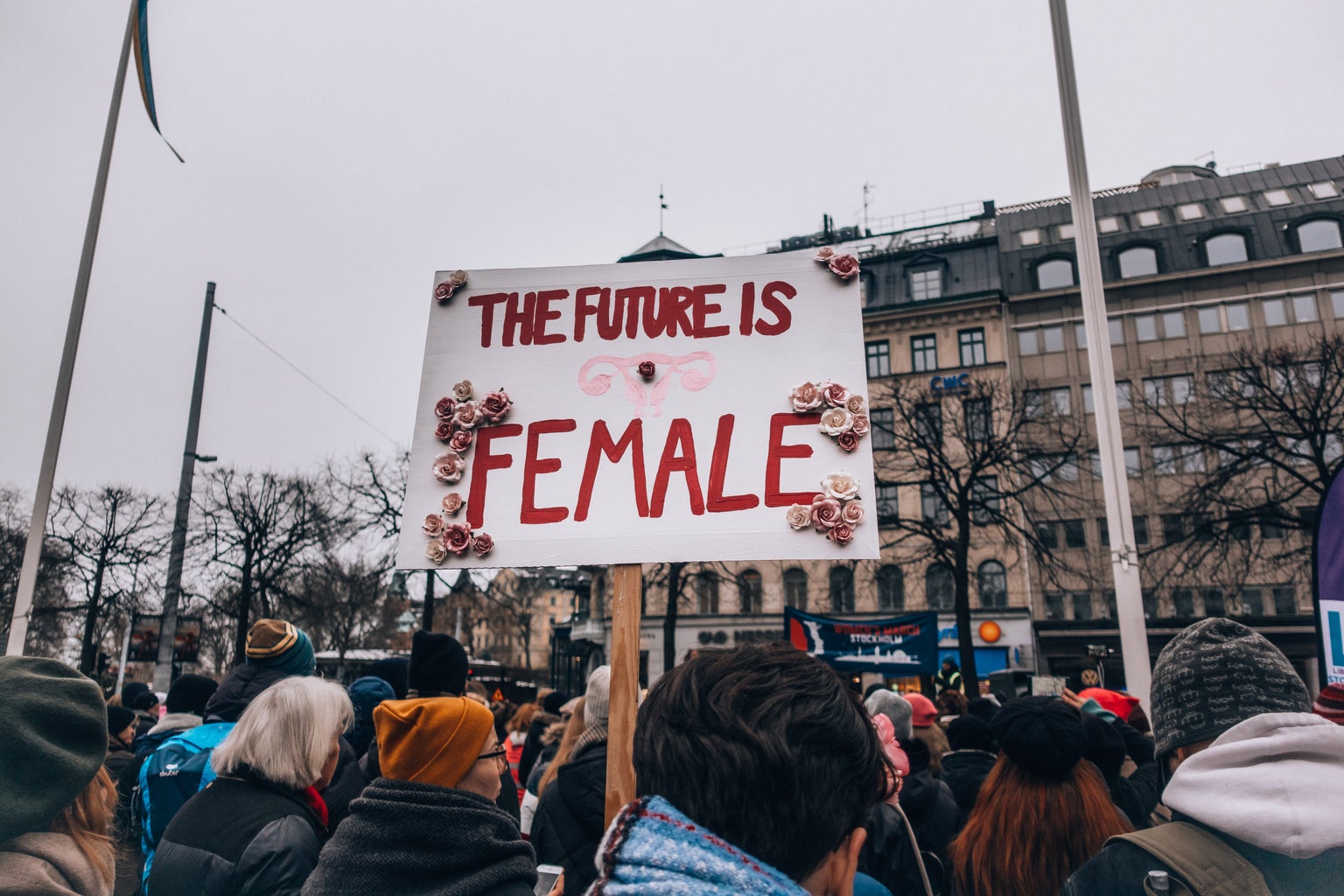The term, “bluestocking,” refers to a group of women from 18th-century England, composed of literaries, writers, correspondents, and conservative women of higher socio-economic status. The group referred to themselves as the “Blue Stockings Society.” Bluestocking originates from an article of clothing typically worn by impoverished and more casually dressed individuals. Led by social reformer Elizabeth Montagu, these gatherings consisted primarily of women who desired intellectual conversation concerning academics, politics, and the arts.
The little attention paid to the education of women during this period turned an otherwise conservative niche community into one of educational and social reform for women. Sometime in the late 18th century, the group’s presence (within literary contexts) dwindled as quickly as it emerged, only notably present for two generations. Similarly, the group’s radical considerations within the Puritan English context allow for an understanding of its short-lived prime.
To paint a picture, 20% of London became infected with Syphilis during the 18th century. In many ways, this epidemic personified the relevance of Christian and conservative ideals, further impeding on the premature attempt at a radical feminist movement. Ideations of non-Christian principles during the Syphilis epidemic would’ve contributed to a rapid decline of social mobility. Pressures of social destitution isolated the emergence of feminist consciousness, creating a unique glimpse into female motivations beyond the traditionally understood Victorian formulation. Bluestocking later became more widely used to define intellectual women in a derogatory fashion.
Additionally, the deeply class-based Victorian era is relevant to understanding why the term “bluestocking” was never redefined within feminist discourse. The affluent and otherwise conservative assembly was left unclaimed due to their arguably elitist perspectives.
During an election year in which the nation is beginning to feel an awkward sense of deja vu, the Republican candidate, Nikki Haley, is distinguishable. The first Indian American female conservative candidate refreshes our understanding of educated, conservative women in positions of privilege and authority. Haley is the daughter of a first-generation immigrant serving as a reminder of the forgotten feminist movement from the 18th century. The Conservative Party (which many Americans have come to identify with the image of a straight White man) is starting to get redefined by the women whose presence stands out during an election year. We’re within a new age of feminist identity.
In May 2023, Rolling Stone’s David Mack wrote, “The C-Word Is Everywhere Right Now — And Not in a Bad Way” about the reclaiming of the historically derogatory term. Mack’s article highlights the emerging relevance of identity politics in today’s climate. In the same article, Stan Carey writes “It makes sense that words intended as weapons against particular groups would, in some cases, be reappropriated by their targets as a way of blunting those weapons and redirecting their force.”
The C-word isn’t the first from the English language to do a 360, so why not make bluestocking this election year’s revitalization of an influential, educated female conservative party?




